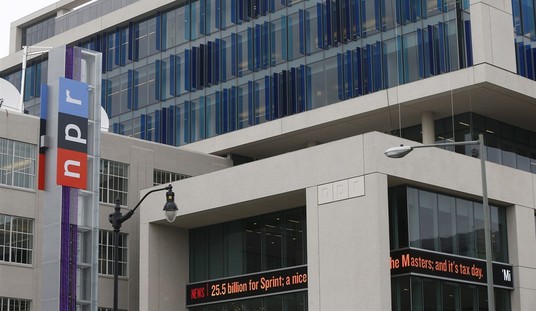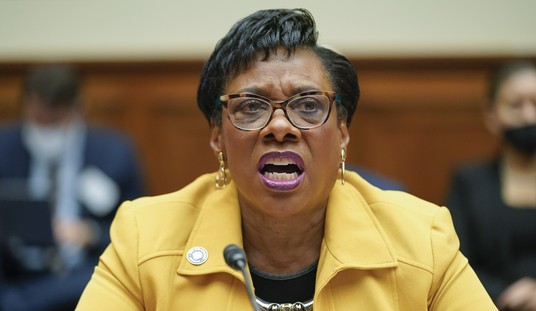The army blockaded rural areas hit by the deadly Ebola virus in Sierra Leone on Thursday, a senior officer said, after neighbouring Liberia declared a state of emergency to tackle the worst-ever outbreak of the disease, which has killed 932 people…
Though most cases are in the remote border area of Guinea, Sierra Leone and Liberia, alarm over Ebola’s spread grew last month when a U.S. citizen died in Nigeria of the virus after arriving from the region.
A nurse who treated Patrick Sawyer has now also died in Lagos and at least five other people have been isolated with symptoms, raising fears of an outbreak in the city of 21 million people, Africa’s largest metropolis.
Already an unprecedented outbreak, CDC Director Dr. Tom Frieden says the number of infected and killed by Ebola will likely soon outnumber all other Ebola outbreaks in the past 32 years combined. According to the CDC, there have already been more than 1,700 suspected and confirmed cases of Ebola in West Africa, and more than 900 deaths—numbers which Frieden later called “too foggy” to be definitive. Ken Isaacs, the Vice President of Program and Government Relations for Samaritan’s Purse (SIM), painted an even bleaker picture. According to SIM, West Africa has counted 1,711 diagnoses and 932 deaths, already, which could represent only a small fraction of the actual number. “We believe that these numbers represent just 25-50 percent of what is happening,” said Isaacs.
In a six-hour meeting with the president of Liberia last week, Isaacs said SIM workers watched as the “somber” officials explained the gravity of the situation in their countries, where hundreds lie dead in the streets. “It has an atmosphere of apocalypse,” Isaacs said of the Liberia Ministry of Health’s status updates. “Bodies lying in the street … gangs threatening to burn down hospitals. I believe this disease has the potential to be a national security risk for many nations. Our response has been a failure.”
Samaritan’s Purse believes these numbers represent fewer than half of the real number of cases, Isaacs said Thursday at an emergency congressional hearing on the Ebola outbreak.
“The Ebola crisis we are now facing is not a surprise to us at Samaritan’s Purse, but it took two Americans getting the disease in order for the international community and the United States to take serious notice of the largest outbreak of the disease in history,” Isaacs said.
He characterized the initial international response to the Ebola outbreak as a “failure” because the virus spread outside the country where the outbreak originated. He said that a broader coordinated intervention is the only thing that will slow the size and speed of this disease.
Among the traditional practices the WHO says cannot be followed with Ebola victims: family-led body preparation and religious rituals that require direct contact with the corpse. Muslim tradition, for instance, requires that family members of the same gender should wash the body themselves before burial.
There are religiously driven rules about who can handle a dead body, and how. But those rules are often in direct conflict with the procedures health officials must follow to minimize the risk that the disease will spread, because after death is a particularly dangerous time for Ebola infection.
“When the person has just died, that is when the body is most contagious,” WHO spokesperson Tarik Jasarevic told The Post on Thursday. “It’s when the virus is overtaking the whole body.”
The problem is compounded because Ebola can force a victim’s body to release infectious fluids including blood, vomit and diarrhea, especially in later stages of the disease. That includes the most visually harrowing symptom of Ebola, present in some late-stage patients: bleeding from bodily orifices and rashes covering the skin.
A young man lies dead in the streets of Liberia, left to rot in view of passers-by and local children.
He is just one of many Ebola victims to have been dragged out of their homes and dumped on the country’s roads by terrified relatives in a desperate bid to avoid being quarantined…
With less than half of those infected surviving the disease, many Africans regard Ebola isolation wards as death traps, he said.
‘They are therefore removing the bodies from their homes and are putting them out in the street,’ Mr Brown told Reuters.
Tolbert Nyenswah, the deputy chief medical officer and assistant health minister, said the outbreak had forced a number of hospitals and clinics to close because staff were scared to work in them. He disclosed that some 67 health workers had become infected, and that many of the 6,000-strong work force were reluctant to return to their jobs…
In Liberia, Mr Nyenswah said that the authorities were gradually getting the message across that Ebola was a threat, ending widespread myths such as that it was the work of witchcraft, could be cured by prayer, or was simply a ruse by the government to frighten people.
But he warned with 95 per cent of the country’s health infrastructure having been destroyed during the civil war of the Nineties, it was still “simply too weak” to cope with major challenges.
Treatable diseases such as malaria and diarrhea are left untended because frightened Liberians are shunning medical centers, and these deaths could outstrip those from the Ebola virus by three or four fold, he said.
But his biggest concern is the spreading epidemic.
“We are hearing it is going to get worse before it gets better. We do not know how much worse that will be. My main worry is the fear of how many people will die. Right now it is out of control and jumps from place to place,” Ngafuan said.
A Spanish priest has become the first person carrying the deadly Ebola virus to be brought back to Europe for treatment, as the death toll from the killer disease continues to rise…
Missionary Miguel Pajares, 75, was flown to Madrid from Liberia after he was put in quarantine on Saturday.
Mr Pajares had been treating patients infected with Ebola at a Catholic hospital.
Madrid health official Javier Rodriguez told a news conference yesterday that Mr Pajares and a nurse he had been travelling with had both been placed in quarantine.
West African patients infected with the Ebola virus will not have access to experimental drugs being used to treat American cases of the disease for several months, if at all, Nigerian health authorities said on Thursday.
Health minister Onyebuchi Chukwu told a press conference he had asked the US health authorities about the unproven medicines used on two American doctors, but was told such small quantities existed that west Africa would have to wait for months for supplies, even if they were proved safe and effective…
A spokesman for the US Centres for Disease Control said “there are virtually no doses available” and they would take several months to manufacture.
“We can stop Ebola” and “we have to stop it at the source in Africa,” Frieden told the House Foreign Affairs Subcommittee on Africa, Global Health, Global Human Rights, and International Organizations…
Isaacs, who is now vice president at Samaritan’s Purse, an aid group working in Liberia, said the African governments are overwhelmed by the Ebola epidemic and not capable of containing it.
Nonetheless, he said “The public health of the world is in their hands.”








Join the conversation as a VIP Member